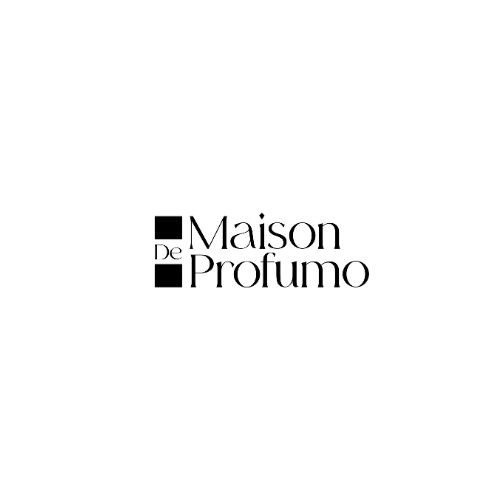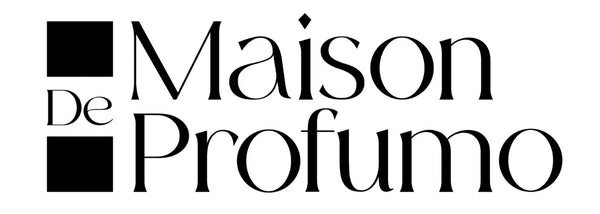"Embracing Water-Based Solutions for Manufacturing Success"
Introduction
Water-based products have revolutionized various industries, offering eco-friendly, versatile, and effective solutions for manufacturing processes. In this comprehensive guide, we explore the myriad benefits, applications, and considerations associated with water-based products, delving into their composition, advantages, and usage across diverse sectors.
Understanding Water-Based Products

Definition and Composition
Water-based products, also known as aqueous products, are formulations where water serves as the primary solvent, replacing traditional organic solvents. These formulations typically consist of:
- Water: Acts as the main solvent and carrier for other ingredients.
- Surfactants: Facilitate the dispersion of non-water-soluble components.
- Additives: Enhance performance, stability, and functionality.
Key Characteristics
- Low VOC Content: Water-based products emit fewer volatile organic compounds (VOCs), reducing environmental impact and health hazards.
- Quick Drying: Rapid evaporation of water accelerates drying times, increasing efficiency in manufacturing processes.
- Compatibility: Water-based formulations are compatible with various substrates, including plastics, metals, and textiles.
Applications Across Industries
Automotive Sector
Water-based coatings, adhesives, and sealants are widely utilized in automotive manufacturing for:
- Paints and Coatings: Provide durable finishes with excellent color retention and corrosion resistance.
- Adhesives: Bond components, reducing assembly time and enhancing structural integrity.
- Sealants: Prevent leaks and corrosion in critical automotive systems.
Textile and Apparel Industry
Water-based dyes and finishes offer sustainable solutions for:
- Fabric Dyeing: Achieve vibrant colors and colorfastness without harsh chemicals.
- Textile Printing: Create intricate designs with precise detail and minimal environmental impact.
- Fabric Finishes: Enhance durability, softness, and water repellency of textiles.
Packaging and Printing
Water-based inks and coatings are preferred for:
- Flexible Packaging: Produce vibrant and food-safe prints on various substrates, including paper and plastics.
- Labels and Cartons: Ensure high-quality graphics, fast drying, and low odor for consumer safety.
Advantages of Water-Based Products

Environmental Sustainability
- Reduced Emissions: Lower VOC content minimizes air pollution and contributes to cleaner air quality.
- Energy Efficiency: Faster drying times decrease energy consumption and greenhouse gas emissions.
Health and Safety
- Worker Safety: Reduced exposure to hazardous chemicals improves workplace safety and reduces health risks.
- Consumer Safety: Water-based products offer non-toxic, low-odor alternatives for consumer goods.
Regulatory Compliance
- Compliance with Regulations: Water-based formulations comply with stringent environmental regulations, reducing regulatory risks and liabilities.
- VOC Regulations: Meeting VOC limits ensures adherence to environmental standards and promotes sustainable practices.
Considerations and Challenges

Performance Trade-Offs
- Durability: Water-based products may exhibit slightly lower durability compared to solvent-based alternatives, necessitating proper substrate preparation and application techniques.
- Cure Time: Longer cure times may be required for certain water-based formulations, impacting production schedules.
Compatibility Issues
- Substrate Compatibility: Compatibility testing is essential to ensure adhesion and performance on diverse substrates.
- Chemical Resistance: Water-based products may be less resistant to chemicals and solvents, requiring additional protective measures in certain applications.
Application Techniques
- Proper Surface Preparation: Thorough cleaning and substrate conditioning are crucial for optimal adhesion and performance.
- Application Equipment: Adjustments may be necessary for spray equipment and drying systems to accommodate water-based formulations.
Conclusion
Water-based products represent a sustainable and innovative approach to manufacturing, offering a host of environmental, health, and performance benefits. By understanding their composition, applications, and considerations, industries can leverage the power of water-based formulations to enhance efficiency, sustainability, and competitiveness in the global market landscape.
Explore the possibilities of water-based products and propel your manufacturing processes towards a greener and more sustainable future.

